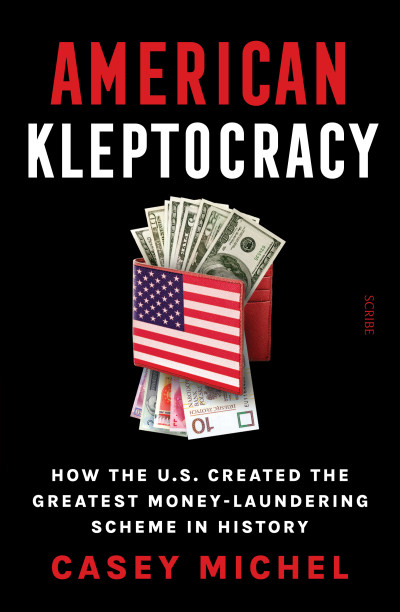A startling investigation of how some of Australia’s best-known companies have abused their power to systematically underpay their workers in recent years.
Whether it’s at McDonald’s, Coles, 7-Eleven, Woolworths, the major banks, high-end restaurants, or on farms, wage theft has become endemic. Billions of dollars have been unlawfully taken from workers at countless businesses, large and small.
Hard Labour is an examination of why this has occurred and what it says about inequality and power in twenty-first century Australia. It tells the stories of individual workers, temporary migrants, and those without influence and connections. It also describes how many businesses — whether owned by private equity or wealthy families, or operating through tax havens or on the stock exchange — have structured themselves to avoid paying minimum wages.
Drawing on years of extensive research, economic data, and hundreds of interviews, Ben Schneiders puts the issue of wage theft in a broader context to describe how the loss of worker power in Australia has led to rising inequality and what this means for our democracy. Hard Labour examines some of the shifts of power in Australian history between capital and labour — from the living-wage Harvester decision of 1907 to the Accord of the 1980s, the rise of neoliberalism, and the continuing decline of the union movement.
Hard Labour shows the scale of the wage-theft problem, and what needs to be done to change what is, in effect, a massive rip-off of ordinary workers.









